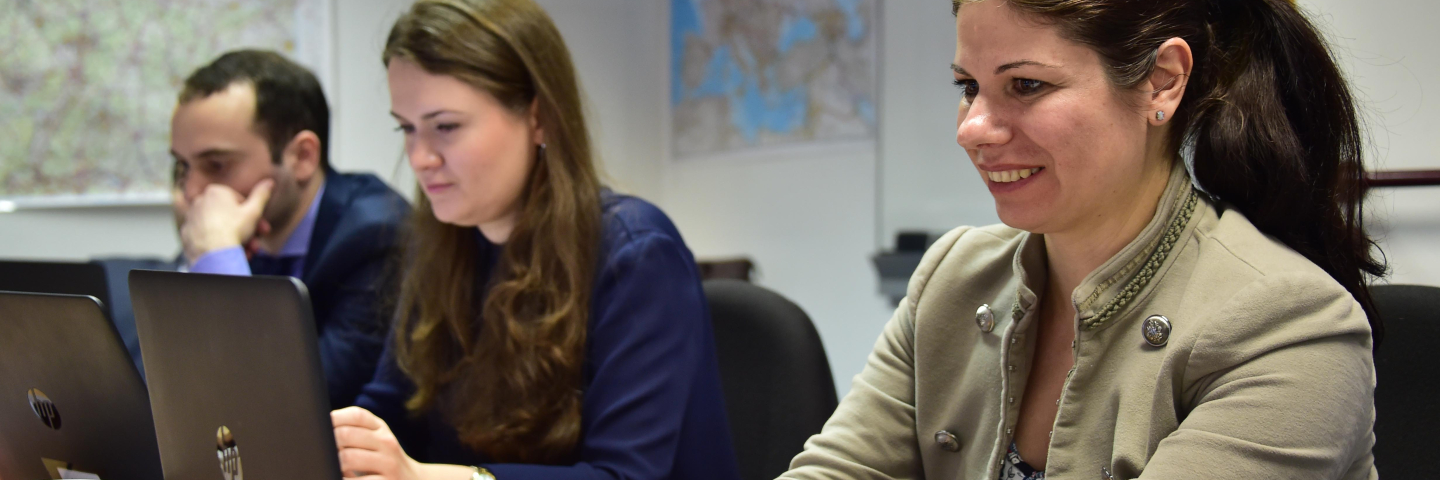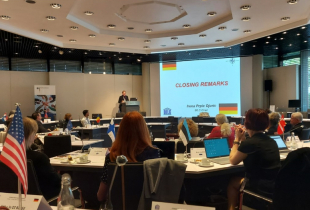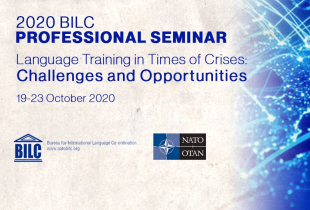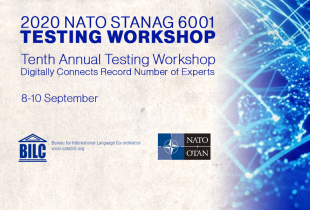
About PLTCE
History
The origins of the Partner Language Training Center Europe (PLTCE) reside in the former US Army Foreign Language Training Center Europe (FLTCE) which was established in Munich in July 1984 to conduct refresher/enhancement classes in Warsaw Pact languages for US military linguists. Later, in 1992, moving to Garmisch, Germany where it became a part of the US Army Russian Institute (USARI), FLTCE started to change its language focus as a result of the fall of the Berlin Wall. At that time, USARI also had a separate Russian Department for US Army Foreign Area Officers (FAOs) as well as an Arms Control Program which focused heavily on treaty language in Russian. All these language programs continued in the reorganized USARI, entitled the Eurasian Institute and made part of the new George C Marshall European Center for Security Studies (GCMC) in Garmisch, Germany in 1993. The Eurasian Institute added an English Language Program in 1995 to assist the international attendees of the Marshall Center security studies courses. In 1997, the Eurasian Institute was disestablished and a "greater FLTCE" was created, absorbing all language training programs: the English Language Program, the Russian Department for FAOs, the Arms Control Program and the original FLTCE Language Enhancement Courses.
The current Partner Language Training Center Europe (PLTCE) was created by the US Deputy Secretary of Defense in 2008 increasing the focus on English programs for NATO Allies and Partner nations. In 2013, the Deputy Assistant Secretary of Defense for Europe and NATO authorized the nomination of PLTCE to become a NATO Partner Training and Education Centre (PTEC), further emphasizing PLTCE professional activities for the Alliance and its Partners.
Main areas of activities
- NATO Standardization Courses
- Language Training (LT) courses for US military and DOD civilians
- Professional and specialized language courses for partners
- Bureau for International Language Coordination (BILC) Secretariat
- Expert advice on military language training and testing
- NATO STANAG 6001 testing
Number of students per year: 400+


